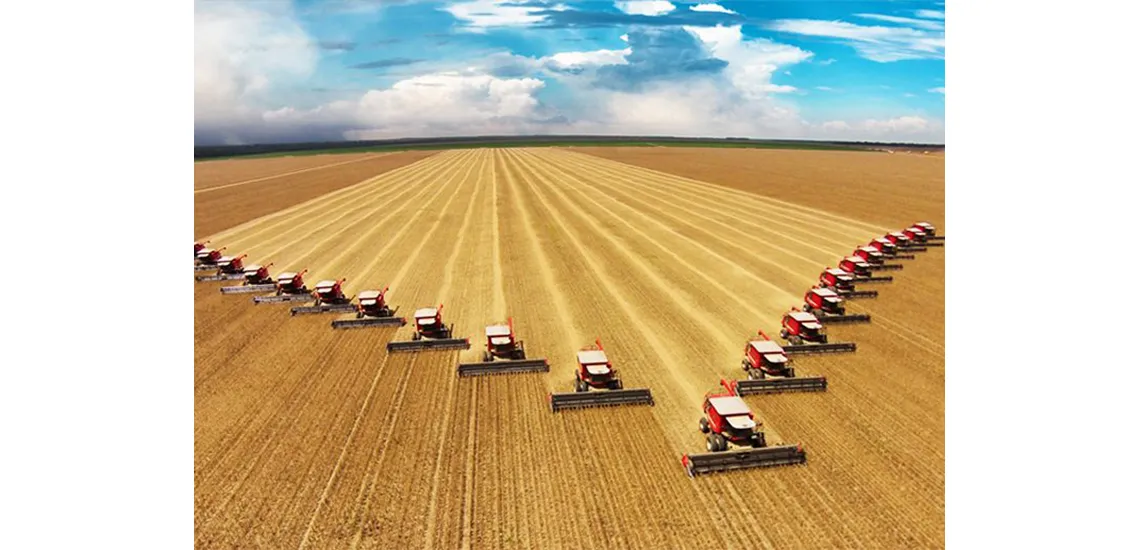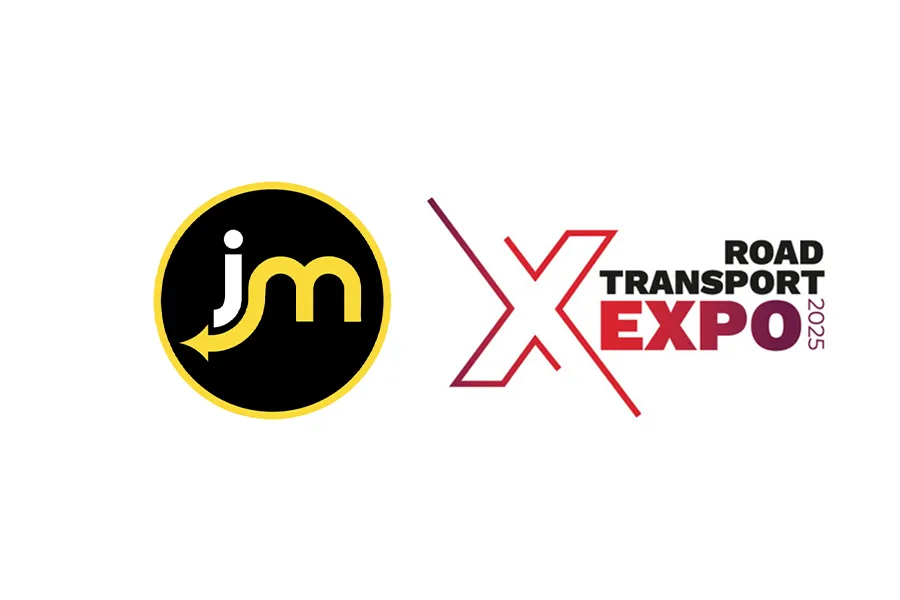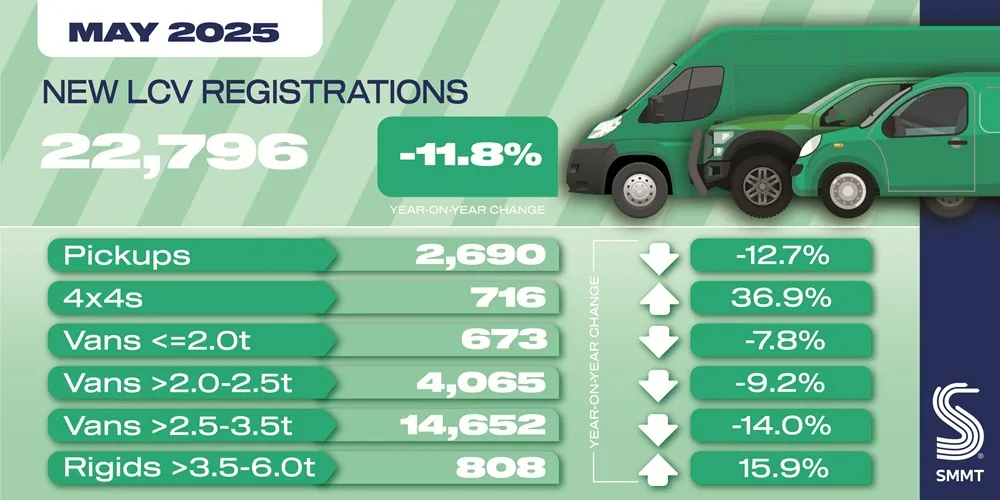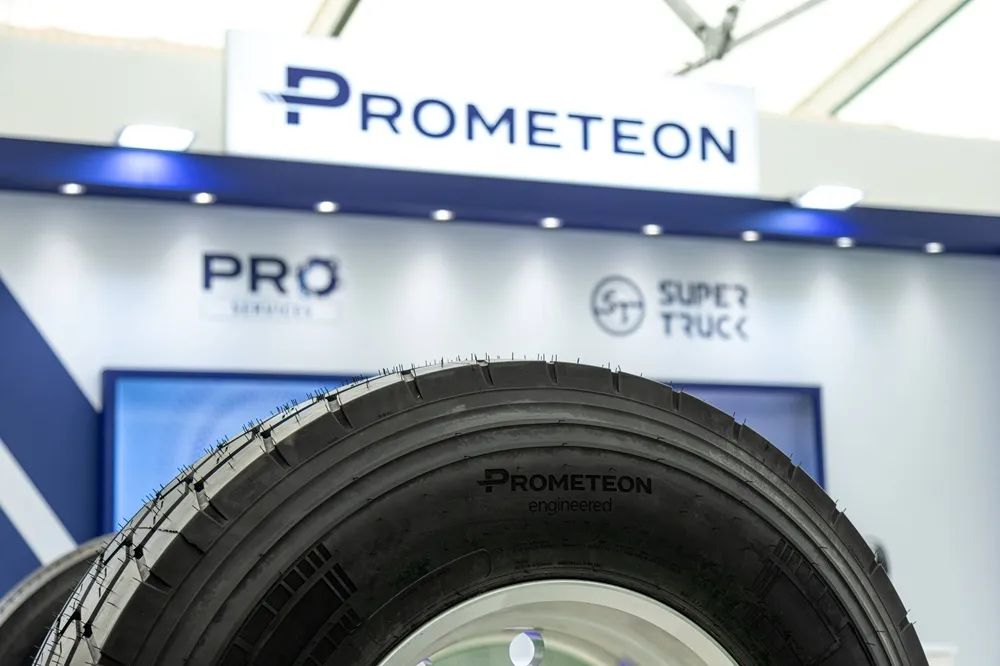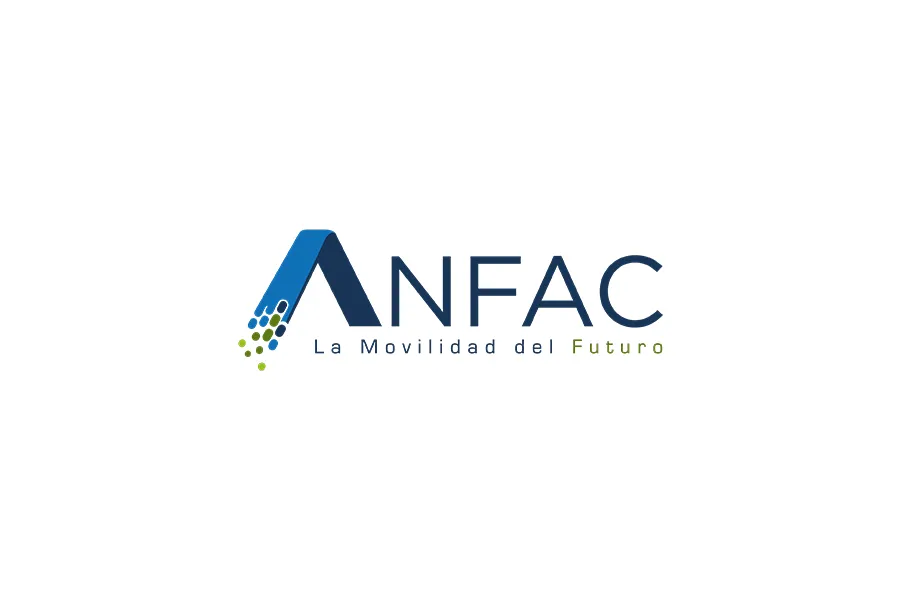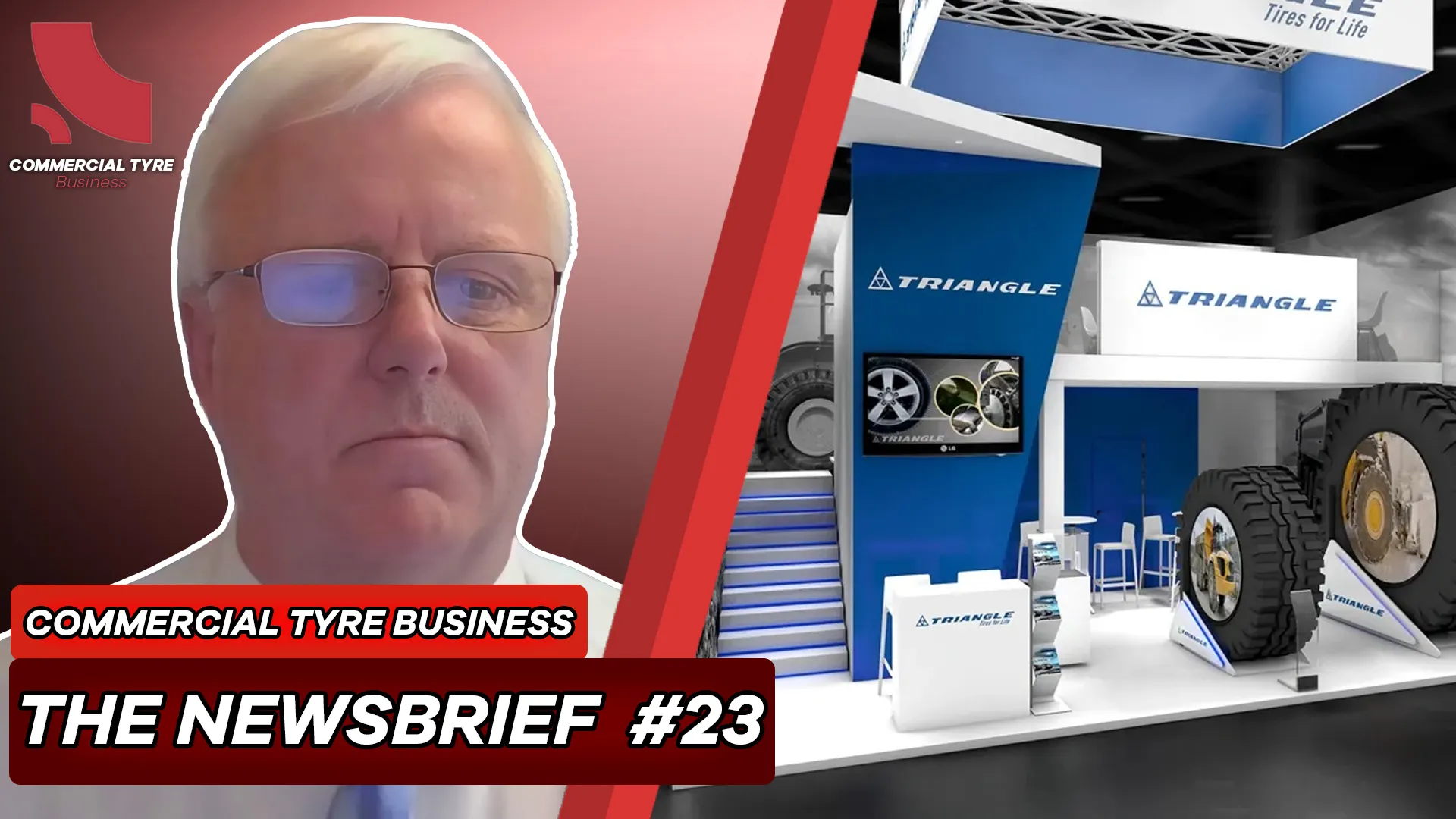Part 8 in the Agricultural Tyre Feature features an interview with the Head of Sales for Northern Europe for Galaxy and Alliance, Ole Bæk. During the interview Bæk comprehensively outlined the company’s strategy during the COVID crisis, but also detailed how product development has driven Yokohama Off-Highway Tires’s growth recently. In addition, we were given insights into how agricultural tyres could develop in the future with the advent of autonomous vehicles. For the interview, Bæk was joined by colleague Julia Verbunt the PR and Communications Manager Europe for Yokohama Off-Highway Tires.
How did Yokohama OHT Combat the COVID-19 Pandemic in the Agricultural Sector?
We commenced by discussing a topic that has unfortunately been a staple of all conversations in 2020 and 2021, namely COVID-19. We asked Bæk how Yokohama Off-Highway Tires and in particular the Alliance and Galaxy brands tackled the crisis. Bæk‘s response highlighted a calm and measured approach at a time, when it would have been very easy to panic and make a knee-jerk reaction.
“So, when COVID went from something that was happening in China to something that was involving all of us, we began by looking at the marketplace and thinking: ‘How are we going to deal with this?’
“We began by concluding that with agriculture, people are going to have to eat whether there is coronavirus or not.”
Moreover, Bæk explained that in a pre-Covid environment, the European Management Team would catch up approximately once per week to share insights on a market-by-market basis. However, this communication was intensified significantly accordingly to Bæk to guarantee that the company was proactive in seeking out any major changes in market behaviour during the pandemic.
He said, “We normally touch base every week with the European Management Team, but during the pandemic we started talking every second day. We intensified communication dramatically to share what was going on in the market, how the customers were reacting, and how the end users were reacting.”
In terms of Yokohama’s OHT’s customer base, Bæk explained that the reaction could be split into two groups. One set of customers drew confidence from their business and continued to purchase stock, going about their business as usual, and the other set of customers decided to stop buying and assess the lay of the land. According to the Head of Sales for Northern Europe for Galaxy and Alliance, it was the first set of customers that came out stronger during the first stage of the crisis.
“The first group came out as absolute winners during Part 1 of COVID. They had stocks, and the demand was high. The guys who had tyres to support the farmers also came out as winners, at least for round one.”
And for round two? How did Bæk see this turning out?
“If I look at round 2 which for me is 2021, the picture remains similar in that everyone is clear that agriculture is going to remain.”

